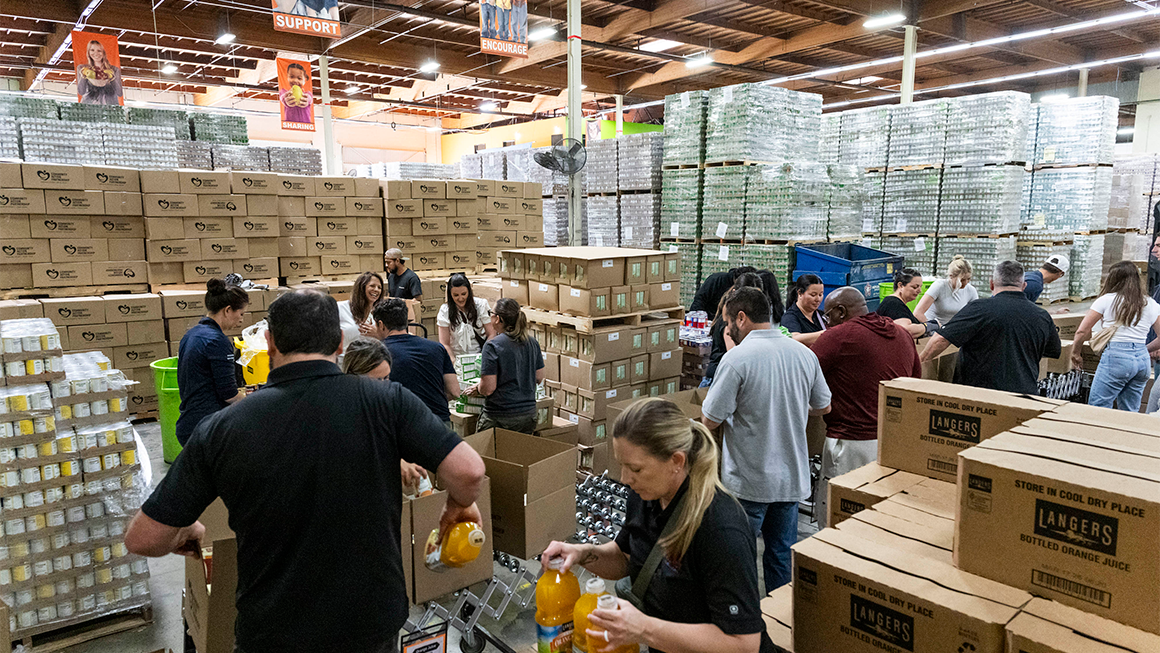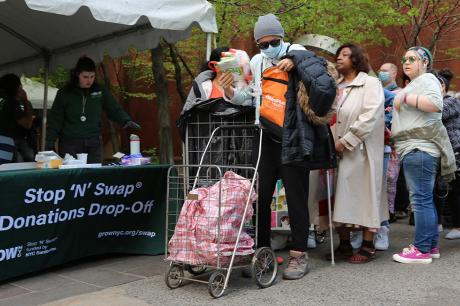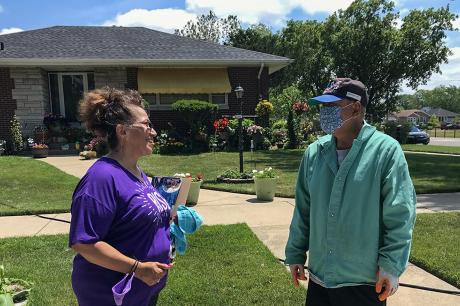Articles and analysis on today's issues

Federal cuts to the Supplemental Nutrition Assistance Program could cause some DC-area families to lose an average of $187 in monthly benefits.
Which Cities Would Benefit Most from Converting Offices into Housing? Cities in the US experiencing both acute distress in their office real estate markets and the need to boost housing supply should consider policies that enable and ease office-to-residential conversions.Five Charitable Giving Trends to Watch Giving via mutual aid and crowdfunding has slowed since the height of the pandemic, while donor-advised funds and noncash donations have continued to grow in popularity.Doubling the Maximum Pell Grant Isn’t the Best Way to Improve College Affordability Despite calls to support students from families with low incomes by doubling the maximum Pell grant, a Pell supplement that better targets the neediest students would be fairer and more efficient.How Community Foundations Are Boosting Local Health and Vaccine Equity Community foundations, which facilitate and pool donations for nonprofits to use to address residents’ needs, use five key strategies that make them uniquely well positioned to advance community health equity initiatives.VA Home Loans Have Several Advantages but Could Do More to Support Military Members Facing Financial Hardship Although the VA home loan program offers low down payments and low interest rates, it fails to offer the full range of relief options to former and current service members experiencing financial distress.Housing Finance Innovations Offer Promise in Today’s High-Interest-Rate, High-Cost Environment Innovative approaches that public-sector and nonprofit financial services providers are taking to tackle housing affordability could be game-changers for renters—especially those with low incomes.





